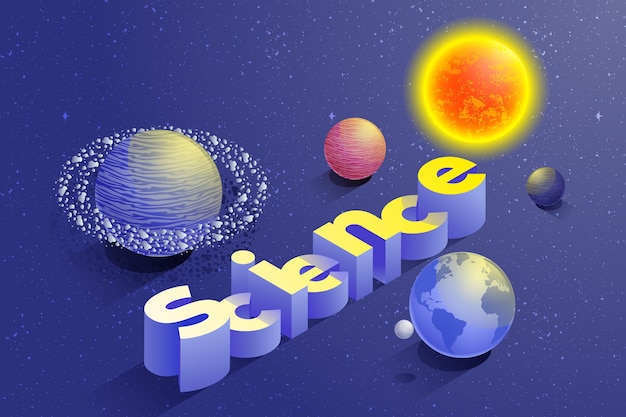Amazing Facts About Gravity

Gravity is the force that keeps us grounded and prevents us from floating away into space.
Without gravity, everything on Earth would be weightless and chaotic.
Gravity is responsible for holding the planets in our solar system in their orbits.
The force of gravity decreases with distance, which is why we feel lighter as we move away from the Earth’s surface.
Gravity is stronger on larger objects, which is why Earth’s gravity is greater than the Moon’s.
Astronauts experience microgravity in space, where objects seem to float.
Gravity waves are ripples in spacetime caused by massive objects moving through space.
Falling objects accelerate towards the Earth at a rate of 9.8 m/s?.
Earth’s gravity is relatively weak compared to the gravity of other massive objects in the universe.
The force of gravity is always attractive, never repulsive.
Gravity can bend light, creating optical illusions and distorting our perception of reality.
The existence of black holes is a direct result of gravity’s immense strength.
Gravity works equally on all objects, regardless of their mass or composition.
The concept of zero gravity is a common misconception; true zero gravity doesn’t exist.
The weight of an object varies depending on the gravitational pull at a particular location.
The force of gravity extends infinitely into space, but its strength diminishes with distance.
Amazing Facts About Gravity part 2
The presence of mountains and other landforms can slightly affect the gravity in a localized area.
Gravity is the reason why rain falls downwards and does not float away into the atmosphere.
The feeling of weightlessness on roller coasters is not due to the absence of gravity, but rather the sensation of freefall.
The moon’s gravity is about one-sixth of Earth’s gravity, allowing astronauts to bounce around on its surface.
Gravity’s constant pull is what creates tides in the Earth’s oceans.
Gravity influences the motion of all celestial bodies in the universe.
The theory of relativity explains how gravity affects the fabric of spacetime.
Gravity is what gives objects their weight and causes them to have mass.
The discovery of gravity by Sir Isaac Newton revolutionized our understanding of the laws of motion.
The International Space Station experiences about 90% of Earth’s gravity.
The concept of gravity has been studied for centuries, dating back to ancient civilizations.
Gravity appears to be the same everywhere on Earth, regardless of location or altitude.
The force of gravity on Earth is strong enough to hold our atmosphere in place.
Gravity is what allows us to walk, run, and move freely on the Earth’s surface.
Gravity’s pull on the human body can cause physical discomfort in extreme circumstances, such as during space travel.
In space, without gravity, flames burn in a more spherical shape.
The force of gravity between two objects is directly proportional to their masses and inversely proportional to the square of their distance.
The Voyager spacecrafts use gravity assists from other planets to gain speed and momentum in their interstellar journey.
Earth’s gravity affects the shape of the planet, causing it to be slightly flattened at the poles and bulging at the equator.
Gravity is responsible for the formation of galaxies, stars, and other celestial bodies in the universe.
The escape velocity of an object is the minimum speed needed to overcome a planet’s gravitational pull and venture into space.
Gravity plays a crucial role in determining the stability and structure of our universe.
The concept of time dilation occurs due to gravity’s impact on spacetime.
Gravity can cause phenomena such as gravitational lensing, where light from distant objects is bent by the gravity of massive objects.
The gravitational force between two objects weakens with the square of the distance between them.
Gravity is responsible for creating tides on Earth, affecting marine life and coastal ecosystems.
The idea of zero gravity has been popularized by science fiction movies, but it doesn’t accurately depict the reality of space travel.
The study of gravity is essential for space exploration and understanding the universe’s mechanics.
Throughout history, gravity has been a subject of wonder, fascination, and scientific investigation.

